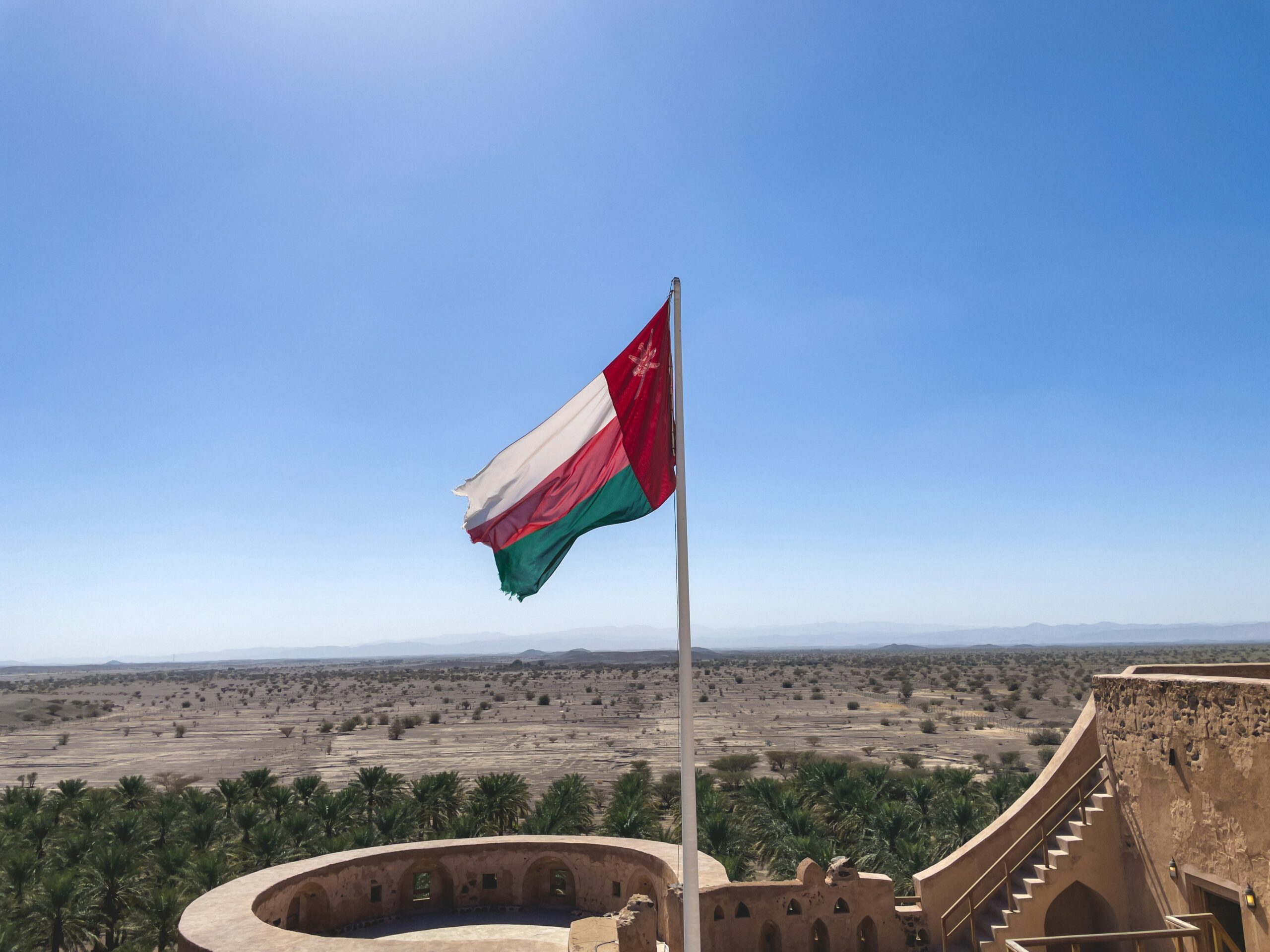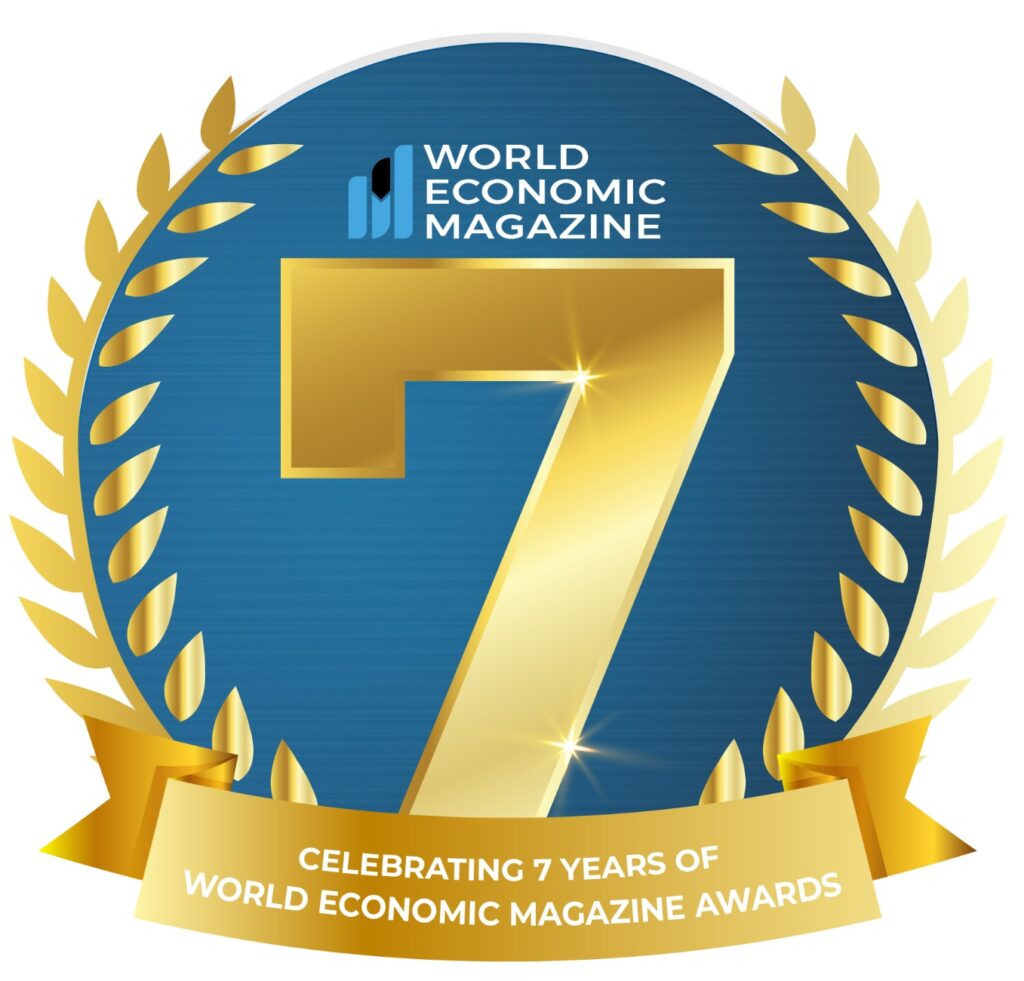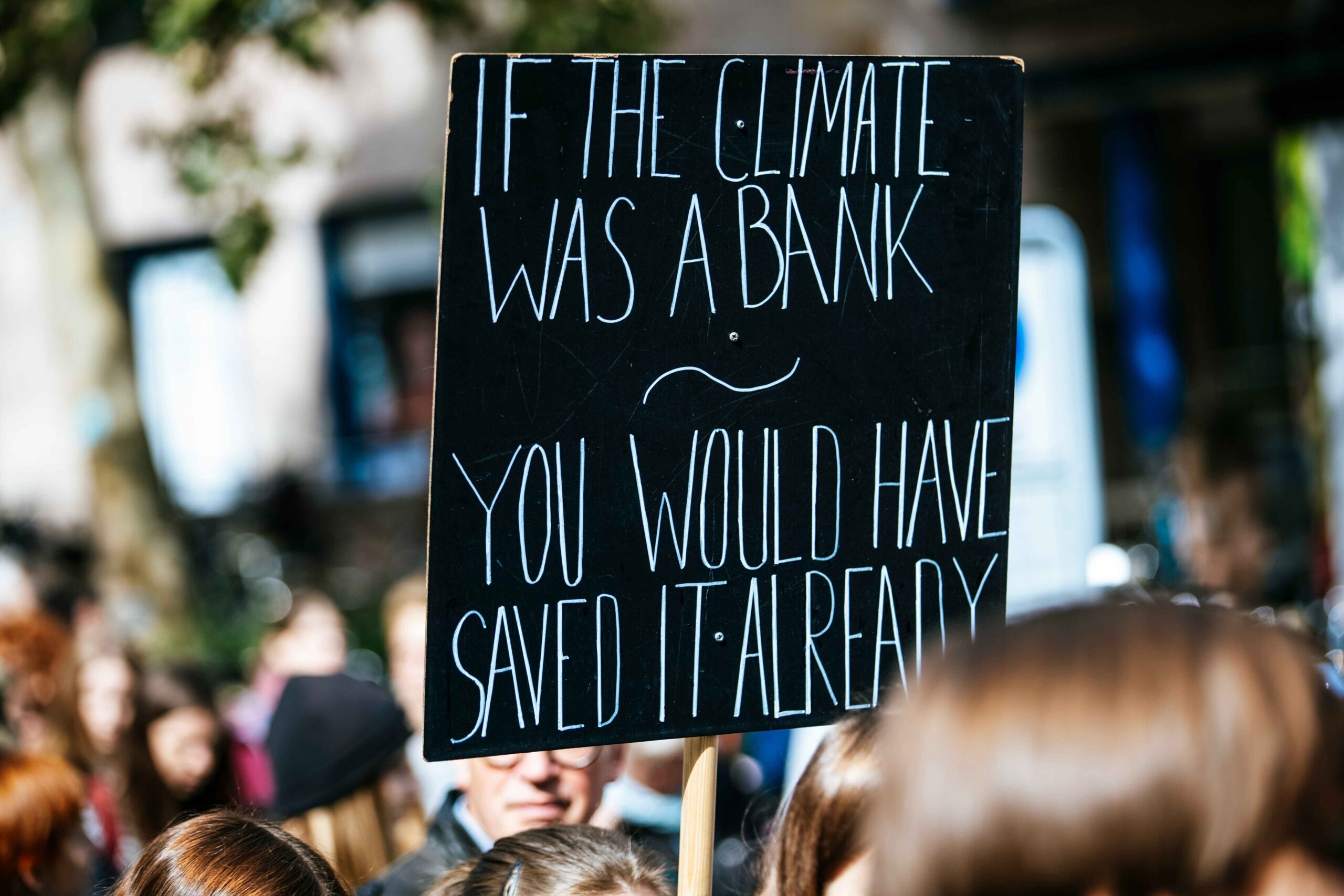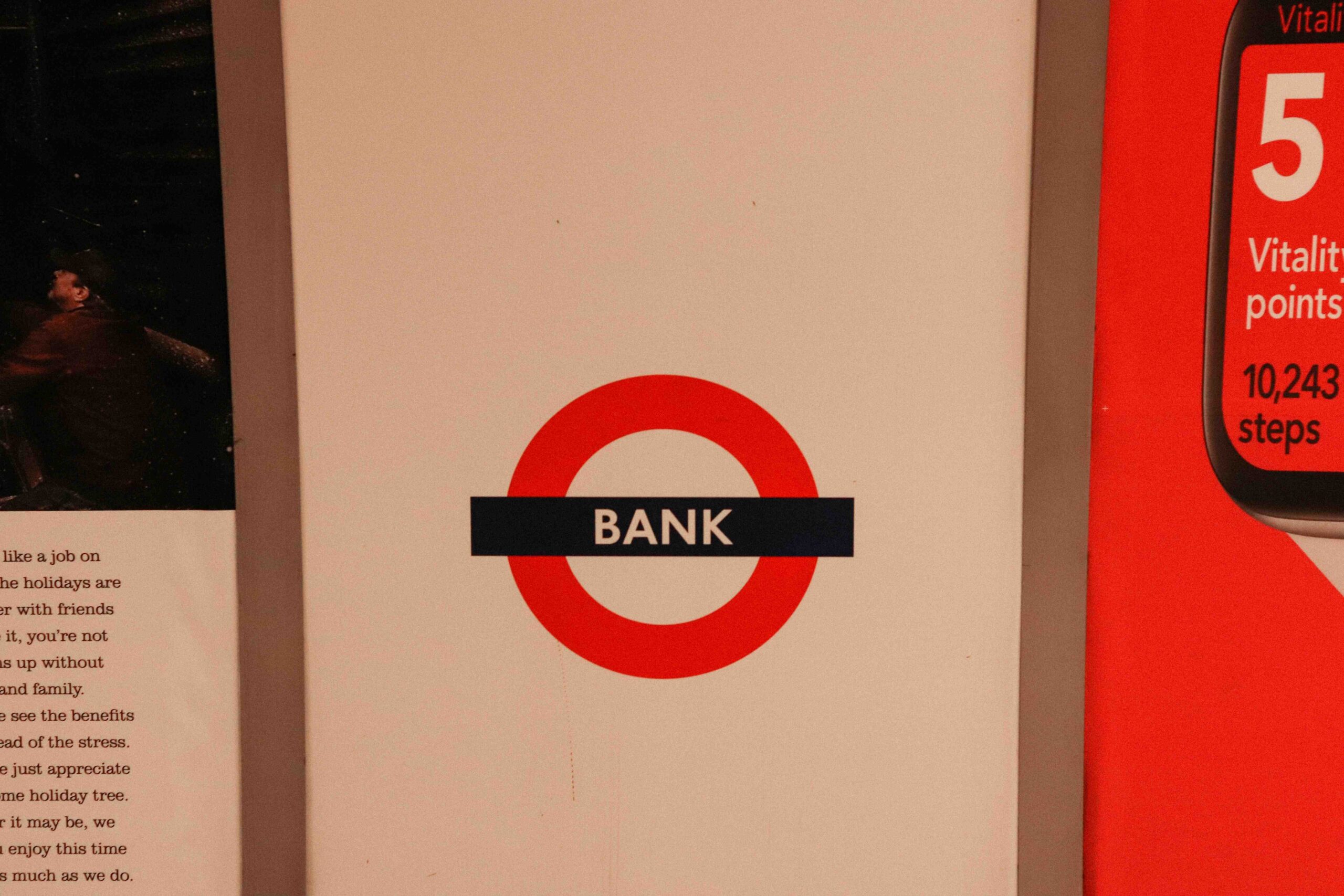
A Comprehensive Overview of Oman’s Debt Capital Market and Islamic Finance Landscape
In a recent report by Fitch Ratings, Oman’s debt capital market (DCM) exhibited a 7% contraction year-on-year, totaling $44 billion outstanding in 2023. This decline was attributed to the government’s proactive approach in prepaying its debt, leveraging surplus funds generated from elevated oil prices. However, amidst this contraction, the share of sukuk, or Islamic bonds, in the DCM mix witnessed a notable increase, reaching 21.1% in 2023 compared to 18% in the previous year.
According to Fitch’s estimates, sukuk issuance in Oman experienced a remarkable surge of 231% year-on-year in 2023, amounting to $1.2 billion. Conversely, bond issuance witnessed a decline of 56% year-on-year, totaling $4.8 billion. Notably, Fitch rated around $7.5 billion of outstanding Omani sukuk in the first quarter of 2024, primarily issued by the sovereign and corporates.
The Omani government’s proactive debt management strategies, including prepayment initiatives, have bolstered the country’s fiscal resilience. Fitch’s September 2023 upgrade of Oman’s sovereign rating to ‘BB+’ with a stable outlook reflects confidence in the nation’s fiscal trajectory. However, the government’s focus on social spending may moderate the pace of debt reduction in 2024 relative to the previous year.

Despite short-term constraints on DCM expansion, Fitch anticipates long-term growth supported by government initiatives and issuance from both sovereign and government-related entities. The resilience of Oman’s debt market, coupled with strategic fiscal policies, positions the nation for sustained growth in the medium-to-long term.
The development of Oman’s DCM is underscored by the Financial Services Authority’s (FSA) regulatory framework, particularly its newly published Sukuk and Bond Regulation. This regulatory clarity enhances investor confidence and fosters a conducive environment for market development. Additionally, the Ministry of Finance’s Sustainable Finance Framework, launched in January, aims to facilitate the issuance of green, social, and sustainable sukuk bonds or loans.
The FSA’s regulatory initiatives are expected to instill confidence among both shariah-sensitive and Environmental, Social, and Governance (ESG)-conscious investors. The inclusion of disclosure requirements for green and sustainable bonds and sukuk, along with Shariah oversight provisions, reinforces transparency and accountability in the market.
The Islamic finance industry in Oman has witnessed significant growth, surpassing $28 billion by the end of 2023. This growth is attributed to robust contributions from Islamic banking assets, outstanding sukuk, and takaful contributions. Notably, Islamic banking assets constituted 66% of the total Islamic finance market, highlighting the sector’s substantial presence and influence.
Despite the growth momentum, Islamic banks in Oman face challenges related to capital base limitations, which hinder their participation in large government financing projects. However, the sector outlook for Omani banks remains neutral for 2024, supported by expectations of real GDP growth and increased credit demand from corporates.
Oman’s debt capital market dynamics and the evolving Islamic finance landscape underscore the nation’s commitment to sustainable economic development and financial stability. By leveraging regulatory reforms, fostering investor confidence, and capitalizing on growth opportunities, Oman is well-positioned to navigate evolving market dynamics and emerge as a critical player in the global financial arena.






